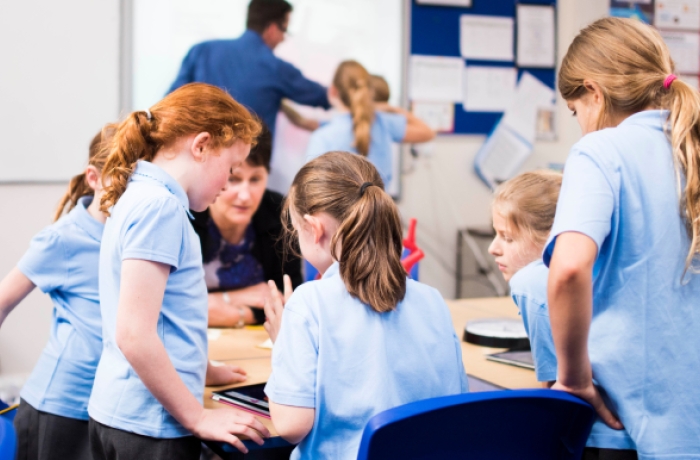
The transition from primary to secondary school is a significant milestone in a child's life. This new chapter brings excitement, new opportunities, and a fair share of challenges. Preparing your child for this transition over the summer can make the experience smoother and less stressful. Here are some practical tips to help your child get ready for secondary school:
1. Familiarise Them with the School
If possible, arrange a visit to the new school. Walk around the campus, find their classrooms, the library, the cafeteria, and other key areas. Knowing the layout can reduce first-day anxiety. Many schools offer orientation days; make sure to attend these sessions with your child.
2. Discuss the New Routine
Secondary school often comes with a more complex schedule. Talk to your child about the new daily routine, including start and end times, breaks, and how to navigate between classes. Practice using a timetable to help them get used to managing their time effectively.
3. Encourage Independence
Secondary school requires a higher level of independence. Encourage your child to take responsibility for their belongings, manage their homework, and organise their school supplies. Gradually give them more responsibility over the summer to build their confidence.
4. Review Academic Skills
Spend some time over the summer reviewing key academic skills. Focus on areas where your child might need extra support. This could include reading, writing, math, or any subject that will be prominent in the new school year. Utilise online resources, workbooks, and educational games to make learning fun.
5. Set Goals Together
Discuss and set realistic academic and personal goals for the upcoming school year. Whether it’s achieving a certain grade, making new friends, or joining a club, having goals can give your child a sense of purpose and direction.
6. Talk About Social Skills
Transitioning to secondary school often means forming new friendships and navigating social dynamics. Discuss the importance of being kind, inclusive, and respectful. Role-playing different social scenarios can help your child feel more prepared.

7. Organise School Supplies
Involve your child in shopping for school supplies. Let them choose their backpack, notebooks, and other essentials. This not only gets them excited about the new school year but also helps them feel more prepared and organized.
8. Develop Good Study Habits
Help your child establish good study habits over the summer. Create a dedicated study space, set regular study times, and encourage the use of planners or digital calendars to keep track of assignments and deadlines.
9. Promote a Positive Mindset
A positive mindset can make a big difference in how your child approaches secondary school. Encourage them to view challenges as opportunities for growth. Share positive stories about your own school experiences and remind them that it’s okay to ask for help when needed.
10. Discuss the Importance of Balance
Secondary school can be demanding, so it’s important for your child to learn how to balance academics, extracurricular activities, and downtime. Encourage them to pursue hobbies and interests outside of school to maintain a healthy balance.
11. Stay Informed and Involved
Stay informed about the school’s policies, schedules, and events. Attend parent-teacher meetings and get involved in school activities. Being an active participant in your child’s education helps you stay connected and provides additional support for your child.

12. Encourage Healthy Lifestyle Habits
Ensure your child gets enough sleep, eats a balanced diet, and stays physically active. Good health is crucial for maintaining energy levels and concentration. Establish a routine that includes regular bedtimes and healthy meals.
13. Prepare for the Commute
If your child will be commuting to school, practice the route together. Whether they will be walking, biking, or taking public transportation, familiarizing them with the journey can reduce anxiety and ensure they feel comfortable and safe.

14. Talk About Safety
Discuss school safety rules and personal safety. Talk about topics like bullying, cyber safety, and how to seek help from teachers or school counsellors if needed. Empower your child with the knowledge to protect themselves and make safe choices.
15. Encourage Open Communication
Maintain open lines of communication with your child. Let them know they can come to you with any concerns or questions about their new school. Being a supportive and understanding listener can make all the difference in easing their transition.
Preparing your child for secondary school over the summer is all about building their confidence and readiness for the changes ahead. By familiarising them with the new environment, encouraging independence, and supporting their academic and social development, you can help ensure a smooth and successful transition. With your guidance and encouragement, your child will be ready to embrace the exciting journey of secondary school with confidence and enthusiasm.